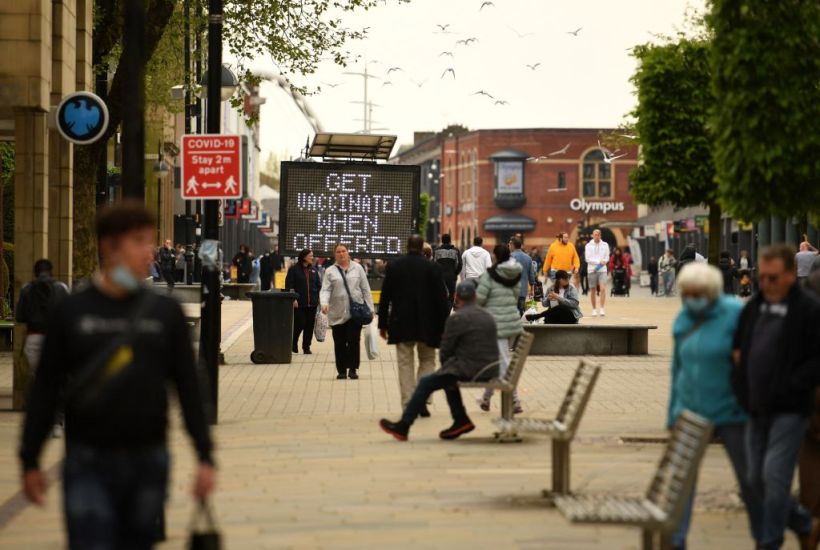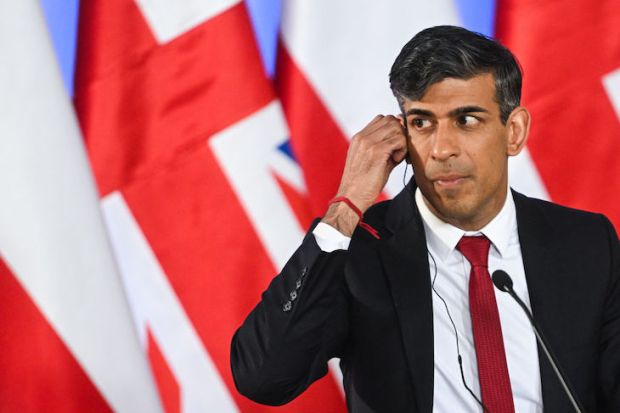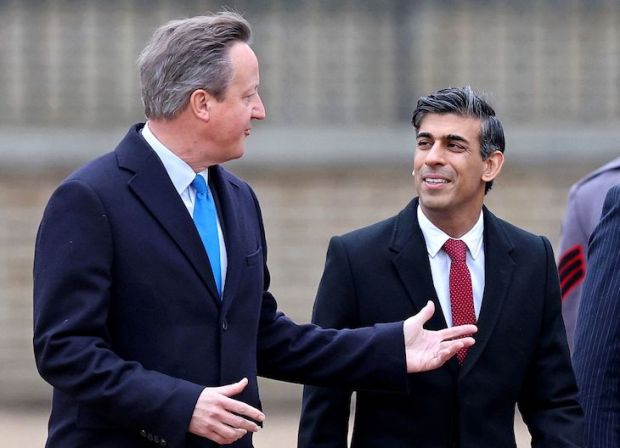Among the scientists and medics calling this week for caution in the government’s reopening of the economy was Dr Lisa Spencer, a consultant in Liverpool and honorary secretary of the British Thoracic Society, who warned on the Today programme on Tuesday that the country was covered with a series of ‘mini Covid volcanoes’ which ‘could explode and send a massive gas plume across much more of the UK.’ Her reasoning was that a quarter of adults could still be susceptible to Covid-19, either because the vaccine didn’t work for them or because they refused to have the vaccine at all. She suggested that 10 per cent of people might refuse to have the vaccine.
Is this a likely scenario? By 22 April, PHE was already reporting that vaccine uptake in England among the over-50s was at 95 per cent. Not only that, according to the Office for National Statistics’ antibody survey, the vaccine seems to be working well. Between 3 and 8 May 92.1 per cent of 50- to 59-year-olds tested were found to have antibodies – either through vaccination of natural infection. Among 60- to 64-year-olds it was 90.5 per cent, 65- to 69-year-olds 91 per cent, 70- to 74-year-olds 96.5 per cent, 75- to 79-year-olds 97 per cent and over-80s 96.2 per cent. The surveywas based on 18,000 people.
Public Health England figures released on Wednesday afternoon show that 75.2 per cent of all adults have now had at least one dose of a vaccine, and 49.5 per cent have had two doses. An analysis of the data by The Spectatorsuggests that by 21 June close to 100 per cent of the over-50s will have been doubly-vaccinated. This age group, along with vulnerable younger people who were given priority for the vaccine, account for 99 per cent of all deaths from Covid so far. Data gathered by PHE, released ten days ago, suggests that the Pfizer and AstraZeneca vaccines are nearly if not quite as effective against the Indian variant as they are against the Kent and previous variants.
It is hard, then, to establish a case that large numbers of people remain susceptible to Covid in the way they were last year, and puzzling why several scientists this week have claimed that the country is vulnerable to a third wave remotely comparable to what happened in spring 2020 or early 2021.<//>
Got something to add? Join the discussion and comment below.
Get 10 issues for just $10
Subscribe to The Spectator Australia today for the next 10 magazine issues, plus full online access, for just $10.





















Comments
Don't miss out
Join the conversation with other Spectator Australia readers. Subscribe to leave a comment.
SUBSCRIBEAlready a subscriber? Log in